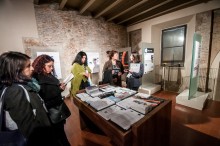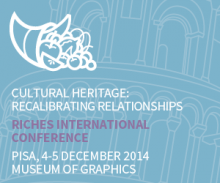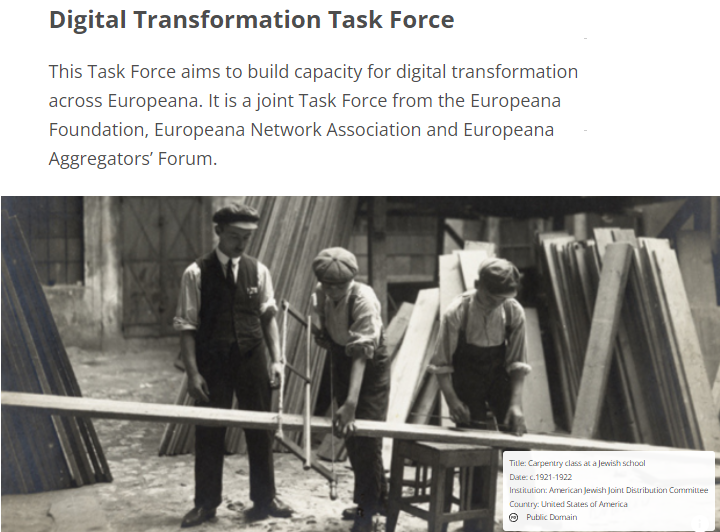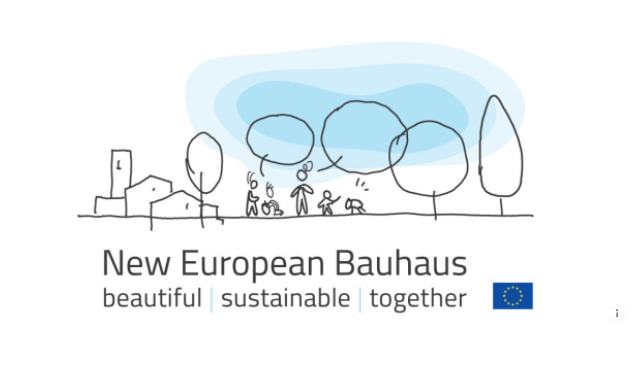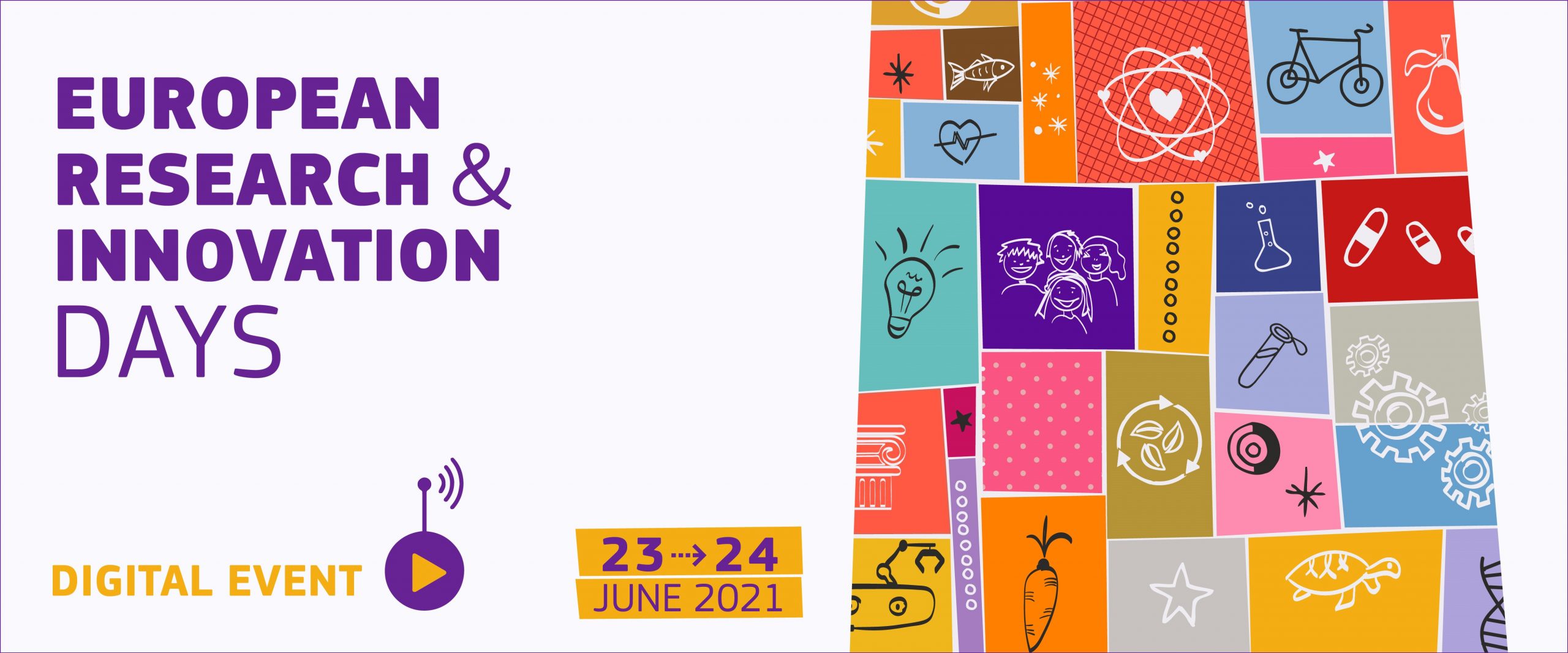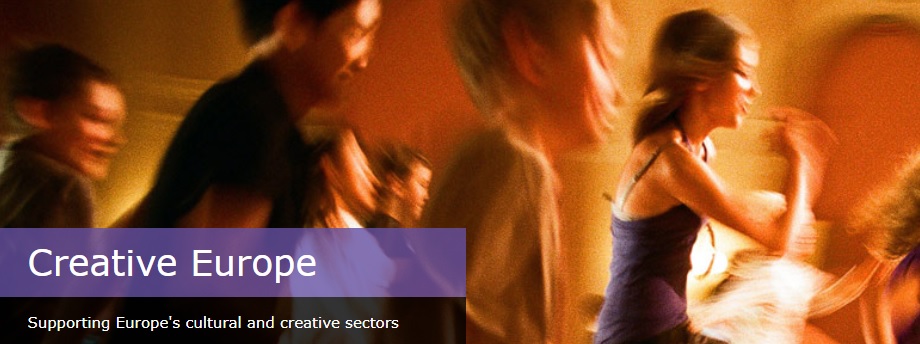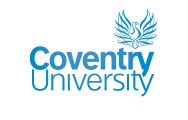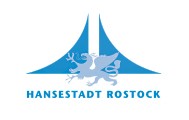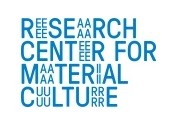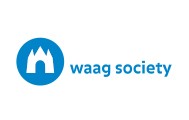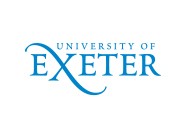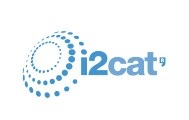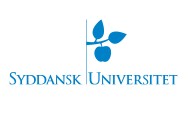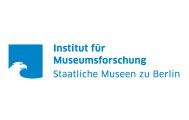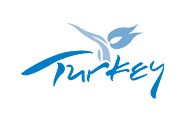-
- MEDIA PARTNER

-
- RELEVANT NEWS from Digitalmeetsculture
-
- RICHES POPULAR TAGS in Digitalmeetsculture
- Antonella Fresa co-creation co-creation interview series Coventry University cultural heritage digital technologies EC European Commission i2CAT identity IPR museums Neil Forbes performance-based CH performing arts policy briefs Project Taxonomy recalibrating relationships RICHES RICHES International Conference social and economic development social cohesion SSH user engagement Waag Society
Topic: riches
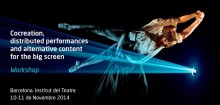
This workshop, co-organised by the Foundation i2CAT, the Government of Catalonia and the Theatre Institute of Barcelona,examined the gradual adoption of technological environments in the performing arts and how the expanding of bandwidth have given rise to new forms of creative expression, space for experimentation and new business models for performing arts, reaching other spaces such as movie screens and cultural institutions with the distribution of high-definition content. Sarah Whatley, dance professor and director of the Centre for Dance Research (C-Dare) at Coventry University intervened as speaker in representation of the European project RICHES. Continue reading

Intellectual Property Rights permeate all areas of the research carried out by the RICHES team. From the re-use of existing to the generation of new forms of cultural heritage, copyright is relevant to its use, re-use and dissemination. A framework of understanding for IPR is being developed within the RICHES project that highlights the importance of copyright to digital cultural heritage, cultural heritage that is transformed from analogue to digital and cultural working practices that embrace co-creation as the norm. You can contribute to our research by completing our survey! Continue reading
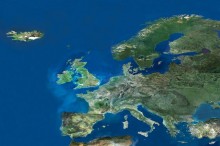
The European Commission, Directorate General for Research and Innovation, unit B6 Reflective Societies, in cooperation with the FLASH-IT project kindly organises the workshop “Bridge over troubled waters? The link between European historical heritage and the future of European integration” being held in Rome, on the 17th of October 2014. The workshop revolves around the problematic of the interconnectedness of the past, present and the future in the current European societies and brings together specialists of history, cultural heritage and identity studies as well as policy makers and managers from the European Commission and national funding bodies. Continue reading
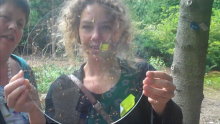
How cultural institutions can renew themselves? How can heritage professionals create the conditions for the visitors to leave the role of observers and instead be active contributors to the development of heritage? How can the consumers become producers of cultural heritage? How can cultural heritage be co-created? RICHES is trying to answer these questions through a series of co-creation sessions. The outcomes of these initiatives will be presented during 5 December’s afternoon programme of the First RICHES International Conference, being held in Pisa, at the Museum of Graphics of Palazzo Lanfranchi (4-5 December 2014). Continue reading
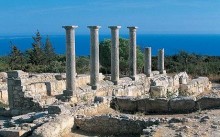
On 3 November 2014 in Limassol, Cyprus, RICHES particpated in the 5th International Euro-Mediterranean Conference (EuroMed 2014), held on 3-8 November. RICHES Coordinator Neil Forbes of Coventry University (UK) presented the project, its objectives and its first outcomes within a workshop, entitled “The Digitisation Age: Mass Culture is Quality Culture. Challenges for Cultural Heritage and Society”. The workshop was organised by RICHES Communication Manager Promoter Srl. Continue reading

The open source semantic annotation tool Pundit is RICHES Associate Net7’s main product for the Digital Humanities. The main idea behind semantic annotation is to enable users not only to comment, bookmark or tag web pages, but also to semantically create structured data while annotating. The ability to express semantically typed relations among resources, relying on ontologies and specific vocabularies, not only enables users to express unambiguous and precise semantics, but also, more interestingly, fosters the reuse of such knowledge within other web applications. Continue reading
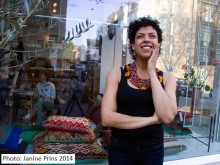
Janine Prins of WAAG Society retraces her experience as anthropologist and announces the RICHES co-creation sessions. Continue reading
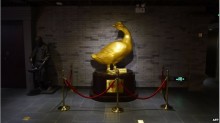
Martin Patience of BBC presents one of Beijing’s latest cultural offerings: a museum dedicated to roast duck, the capital’s most famous culinary dish. The museum was built by the well-known Quanjude restaurant chain. The exhibits include clay models showing how to prepare the roast duck, restaurant advertisements from a bygone age and various pictures of famous people eating Peking duck. Continue reading



